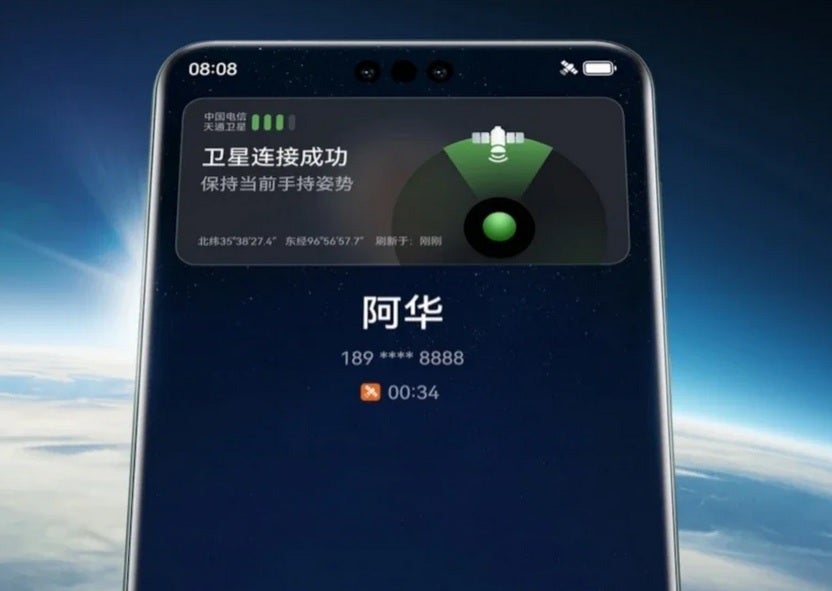In September, the Wall Street Journal reported that Chinese central government agencies were banning workers from bringing their iPhones to the office and barring them from using the device for work-related calls and tasks. The article was published just days after Chinese manufacturer Huawei stunned the world by announcing the Mate 60 Pro, the first phone Huawei launched with a home-made 5G Kirin chipset in three years due to US sanctions against the business.
While the initial iPhone ban was limited to employees of government agencies in Beijing and Tianjin, a new report from
Bloomberg claims China has expanded the scope of the ban in what is described as “a major step forward”. Now government agencies in at least eight additional provinces have banned iPhone use in the office and by employees for official purposes. The Chinese government wants people working in central government agency offices to use smartphones made by manufacturers headquartered in China.
The Chinese government wants those working for central government agencies to use locally made phones like the Mate 60 Pro.
There are a plethora of smartphone options in China, which is the world's largest smartphone market, followed by India and the
United States. Some of these brands include Huawei, now back in the 5G game, Xiaomi, independent Honor and brands controlled by BBK Electronics. such as Realme, Oppo, OnePlus,
Vivo, iQOO, and more. In many cases, these brands are offering phones with larger batteries and faster charging speeds than the current iPhone 15
series offers.
Additionally, unlike Apple, Chinese brands like Huawei, Oppo, and Vivo offer both a book-style foldable and a clamshell foldable compared to zero number of foldable iPhone models.
Last September, China denied having imposed the initial ban on the iPhone, but complained of security problems on Apple smartphones. A version of a press release issued by Chinese Foreign Ministry spokesperson Mao Ning said in translation: “We have noticed that there have been many media reports about security incidents regarding Apple phones.” When the Ministry released the English transcript of the press release, it omitted the word “media”, which significantly changed the meaning of the press release.
With the word “media” included in the Chinese version of the press release, it appears that Chinese officials simply learned about iPhone security issues by reading articles on online phone blogs. The English version of the same version, without the word “media”, makes it look like Chinese iPhone users have faced the security issues themselves. The United States then reacted by calling the Chinese ban on the iPhone “inappropriate retaliation”.

















